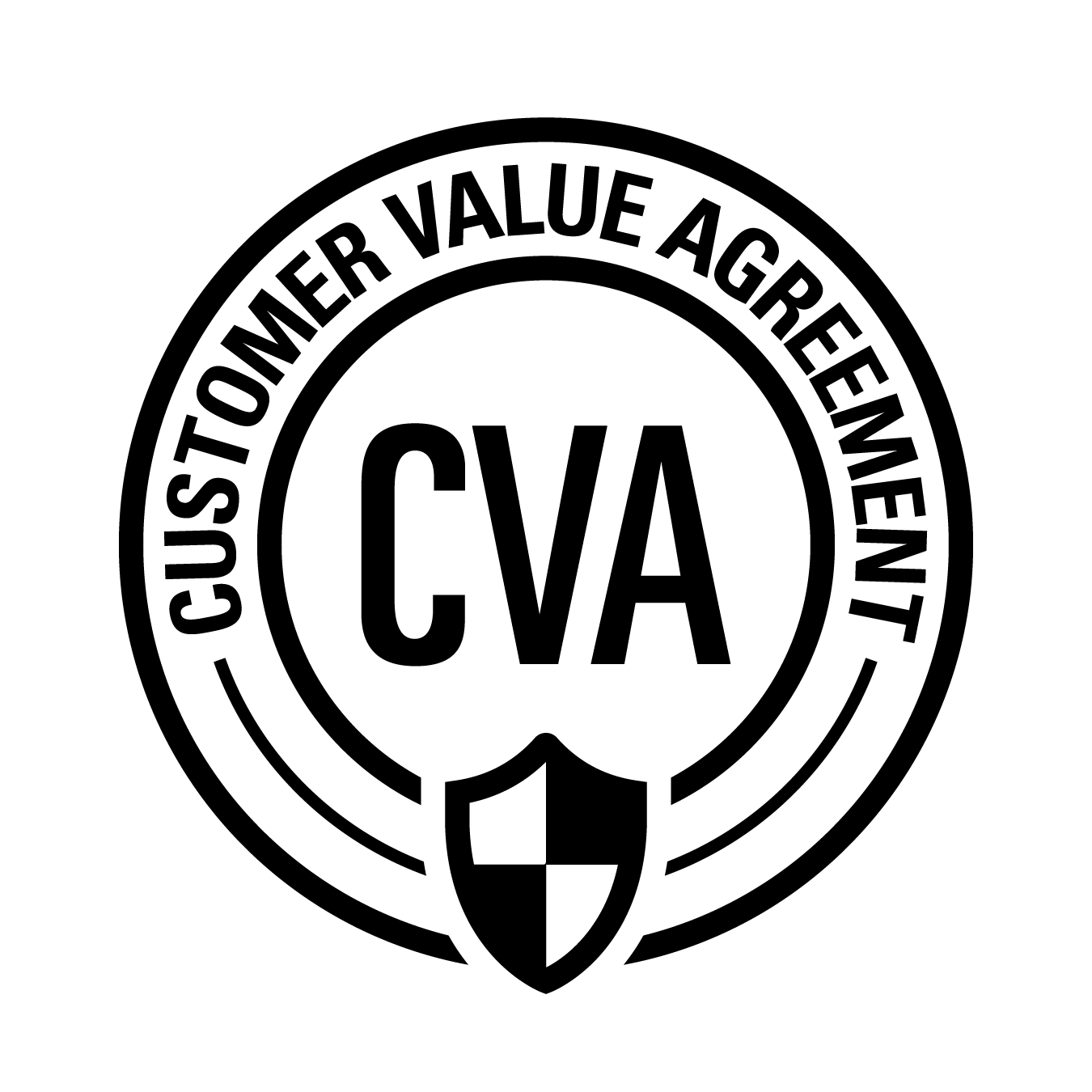Corporate Voluntary Agreement (CVA): Interpretation and Business Applications.
Corporate Voluntary Agreement (CVA): Interpretation and Business Applications.
Blog Article
Unveiling the Legal Framework and Finest Practices for Corporate Volunteer Arrangements
In the complicated landscape of business arrangements, understanding the lawful structure and adopting finest techniques for volunteer arrangements is extremely important for businesses aiming to browse efficiently via collective endeavors. From lawful demands that underpin the legitimacy of such arrangements to the essential parts that boost corporate agreements to a level of robustness and efficiency, there is a depth of knowledge that can significantly affect the end results of these setups. By exploring the subtleties of negotiation techniques, conformity steps, and openness criteria, companies can not only forge more powerful cooperations but likewise minimize dangers and make certain lasting partnerships. As we explore the details of corporate voluntary contracts, uncovering the subtleties of the lawful framework and finest methods will lose light on the paths to successful and equally beneficial arrangements in the company realm.
Lawful Needs for Voluntary Arrangements
In order to develop the validity and enforceability of business voluntary agreements, adherence to particular lawful demands is essential. These legal requirements offer as the foundation for guaranteeing that voluntary contracts between companies and other celebrations are lawfully sound and binding.
Moreover, transparency and fairness are essential principles that need to underpin corporate volunteer contracts. Events need to reveal all pertinent details honestly and act in good faith throughout the negotiation and execution procedure. Furthermore, conformity with pertinent regulations and regulations is vital to make certain that the contract is legal and in accordance with the lawful framework regulating business activities.
Secret Parts of Corporate Agreements
Transparency and accuracy are important in defining the essential components of corporate contracts. Key parts of business agreements commonly include the identification of the events included, a clear statement of the purpose of the contract, the scope of the responsibilities and obligations of each event, the period of the agreement, and any kind of arrangements for termination or alteration. Additionally, a well-structured corporate contract must lay out the particular objectives and goals to be accomplished, the sources and assistance required from each party, mechanisms for monitoring and examining progression, along with treatments for settling disputes or attending to breaches of the agreement. Clarity in specifying the civil liberties and obligations of each event, including any privacy or non-disclosure requirements, is important for guaranteeing mutual understanding and conformity. Including mechanisms for routine interaction, reporting, and review can help preserve accountability and promote successful collaboration between the parties included in the corporate agreement.
Finest Practices in Arrangement Arrangements
Efficient arrangement techniques are important in accomplishing mutually beneficial results in corporate contracts. The very first finest method in agreement negotiations is to carry out extensive research and prep work before participating in discussions. Understanding the needs, objectives, and prospective issues of all parties entailed can help in crafting a more efficient negotiation method. In addition, it is necessary to establish clear communication networks and maintain professionalism and reliability throughout the arrangement procedure. Clicking Here

Furthermore, setting clear goals and boundaries from the beginning can help in preserving focus and direction during negotiations. Developing a timeline and framework for decision-making can also contribute to a much more effective and reliable settlement procedure. Finally, recording all agreements and making certain that they are company website lawfully sound can assist stop misunderstandings and conflicts in the future.
Making Sure Conformity and Openness
Making sure conformity with lawful regulations and maintaining transparency in company agreements is vital for fostering depend on and accountability amongst all parties included. Conformity guarantees that all celebrations follow the agreed-upon terms, reducing the danger of disputes and lawful repercussions. Transparency, on the other hand, promotes open communication and understanding, permitting stakeholders to make enlightened decisions and evaluate the arrangement's justness.
To ensure conformity and openness, company volunteer contracts need to detail clear guidelines, duties, and reporting systems. Routine monitoring and assessment processes can assist track progress and deal with any kind of deviations quickly. Additionally, developing independent oversight devices and including relevant stakeholders in the surveillance procedure can enhance trustworthiness and authenticity.
Additionally, business should focus on training and capacity-building initiatives to make certain that staff members understand their roles and obligations within the arrangement. Giving accessible channels for reporting problems or violations can motivate whistleblowing and very early treatment, better enhancing compliance and transparency initiatives. Ultimately, maintaining these concepts can cause mutually helpful and lasting results for all events associated with corporate volunteer agreements.

Approaches for Successful Partnerships
Successful cooperations in company voluntary agreements frequently hinge on strategic preparation and effective communication amongst stakeholders. This involves specifying the scope of the arrangement, detailing each event's duties, and setting quantifiable targets to track progression.
One more this post necessary approach is to promote a feeling of depend on and transparency among all stakeholders. Open and straightforward interaction is crucial in building strong partnerships and solving any kind of problems that may develop throughout the cooperation procedure. Normal meetings and progress updates can aid keep momentum and address any kind of problems before they escalate.
Moreover, it is necessary to allocate resources properly and ensure that all events have the required assistance to accomplish their responsibilities. This may entail giving training, accessibility to pertinent information, or economic support where needed. By implementing these methods, business can raise the chance of effective partnerships in business voluntary contracts.
Conclusion
Finally, understanding the lawful framework and finest techniques for corporate volunteer contracts is crucial for effective cooperations - what is a cva in business. By sticking to legal needs, incorporating vital components, and negotiating agreements efficiently, companies can ensure compliance and openness in their volunteer agreements. Implementing these strategies can bring about mutually useful collaborations and add to lasting service methods
In the complex landscape of company contracts, comprehending the lawful structure and embracing ideal methods for volunteer agreements is critical for companies intending to navigate efficiently with collaborative ventures. From legal needs that underpin the credibility of such arrangements to the crucial elements that raise company agreements to a level of effectiveness and performance, there is a depth of knowledge that can considerably influence the end results of these plans. As we dive into the intricacies of company volunteer arrangements, discovering the subtleties of the lawful structure and ideal methods will certainly shed light on the paths to mutually advantageous and effective agreements in the business realm.
Key components of corporate contracts commonly include the recognition of the parties entailed, a clear statement of the purpose of the arrangement, the extent of the responsibilities and obligations of each event, the duration of the contract, and any type of stipulations for discontinuation or modification. what is a cva in business. Additionally, a well-structured corporate arrangement needs to lay out the certain objectives and objectives to be accomplished, the sources and support needed from each celebration, systems for tracking and examining progression, as well as treatments for solving conflicts or attending to breaches of the contract
Report this page